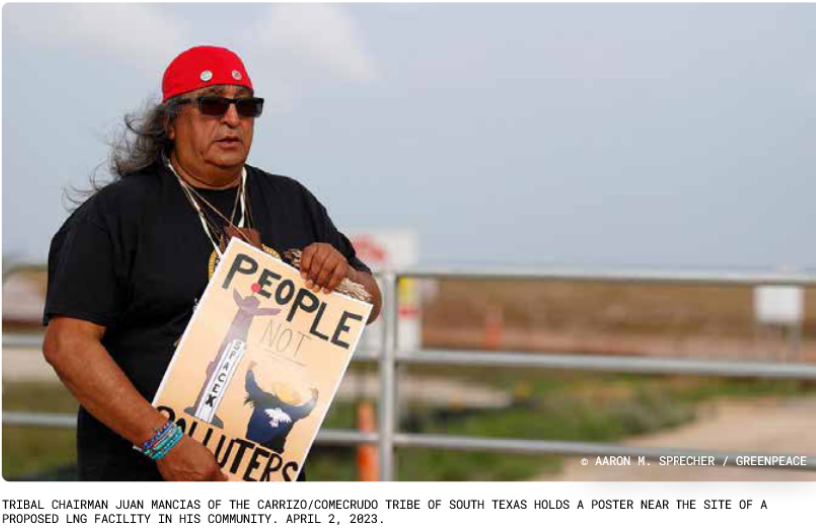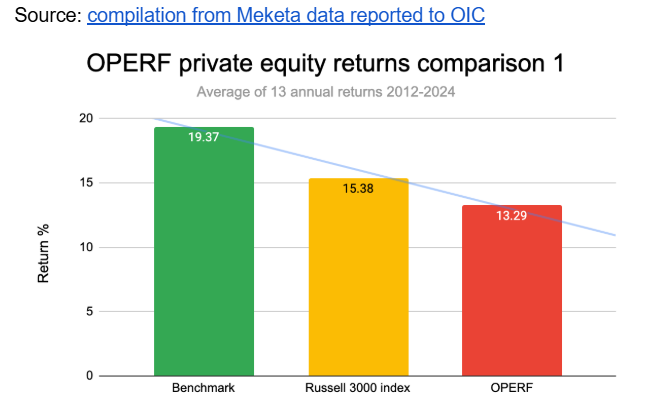The Oregon State Treasury must act on Treasurer Read’s concerns about climate risk
Portland, OR – Divest Oregon encourages the Oregon State Treasury to address the threat of climate change on the state’s investments by supporting pending legislation under the 2023 Treasury Climate Protection Act. The risks from climate change facing the state were outlined in a Climate Risk Assessment commissioned by the Treasury in 2021 and recently acknowledged by State Treasurer Tobias Read in a New York Times opinion article.
Treasurer Read, who leads the Oregon State Treasury, spoke out publicly against red-state campaigns to punish financial institutions that “appeared to consider environmental risks in their investment decisions regarding the fossil fuel industry.” In his September opinion piece Treasurer Read said that:
“Climate change is already affecting the profitability of entire industries in which my fund is invested. Fires, floods and droughts are snarling supply chains and destroying property. It is clear that we need to consider which of our pension fund assets are most exposed.”
Read outlined how major institutions--including the military, insurance agencies, and fossil fuel companies--are already factoring climate risk into their decision-making and called for “hardworking firefighters and teachers” to be given the same courtesy.
“The pending Treasury Climate Protection Act aligns with the Treasurer’s public concerns and the overall fiduciary duty of the Oregon State Treasury to protect the long-term interests of the state’s investments,” said Divest Oregon co-lead Susan Palmiter. “Now, the Oregon State Treasury must turn these words into action. Supporting the Treasury Climate Protection Act would be a compelling start.”
The 2023
Treasury Climate Protection Act (TCPA)
legislative concept, sponsored by Representative Khanh Pham, calls for strong actions to address climate risk, includes:
- Making transparency central to the state’s investments: The TCPA includes transparency provisions that address private investments kept secret by state statute and contract;
- Addressing the long-term risks of fossil fuels: The TCPA mandates a deliberate phased exit from fossil fuel holdings to avoid the risk of stranded assets on the state’s portfolio.
- Stopping new investments in fossil fuels: The TCPA prevents the Oregon Treasury from continuing to dig the hole deeper.
In tandem, Divest Oregon is conducting a
Right to Know campaign in which beneficiaries of PERS retirement funds from statewide unions will ask the OST how their retirement is being invested, specifically focused on fossil fuel investments in the PERS portfolio in which private investments are 60%.
“Treasurer Read is right to point out that the world is shifting toward clean energy and that we must put this reality ahead of politics,” said Divest Oregon co-lead Jenifer Schramm. “The TCPA offers a comprehensive path forward to help our state address the risks and opportunities of this energy transition.”
–ENDS–
Notes to editors:
- Update Monday 11/14/2022: Name of the Legislative Concept has been modified to the "Treasury Investment & Climate Protection Act".
- The Climate Risk Assessment was made public through a Divest Oregon public records request in 2022.
- For more on the Treasury Climate Protection Act, see: https://www.divestoregon.org/treasury-investment-and-climate-protection-act.
- Divest Oregon is a statewide grassroots coalition of individuals and nearly 100 organizations representing unions with PERS members, racial and climate justice groups, youth leaders, and faith communities urging Oregon to divest fossil fuels.
- Representative Pham represents House District 46-Southeast Portland.











